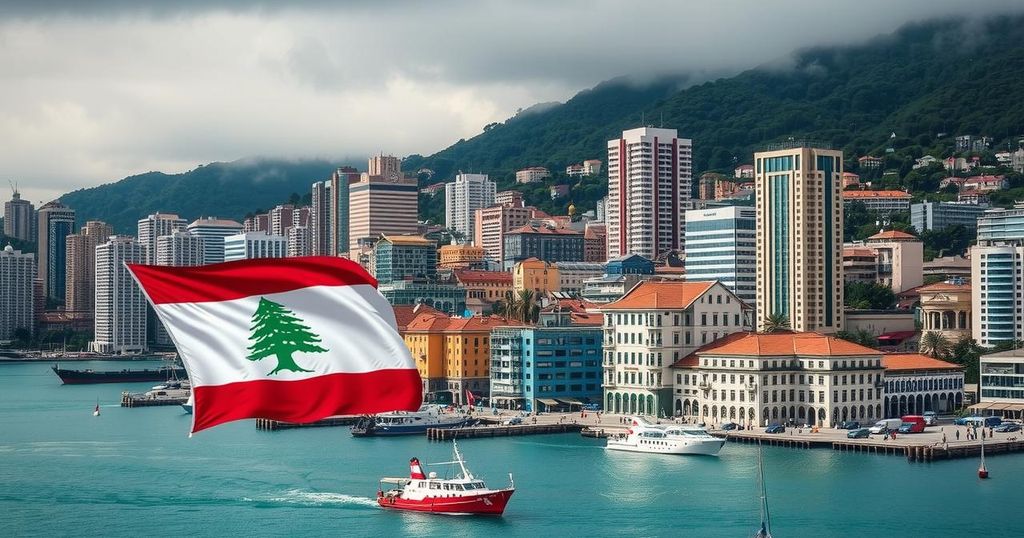Recent regional geopolitical changes are providing Lebanon a crucial chance for stability and reform, highlighted by the election of Joseph Aoun as President. Aoun faces the challenge of addressing Hezbollah’s military power while implementing a policy of neutrality and rebuilding Lebanon’s economic relationships with Arab neighbors. The upcoming government formation will be pivotal in shaping the nation’s future amid a complex array of internal and external pressures.
The ongoing geopolitical shifts in the Middle East, particularly the waning influence of Hezbollah, Syria, and Iran, present a critical opportunity for Lebanon to stabilize and reform. The recent election of Joseph Aoun as President signifies a pivotal moment, as the nation seeks to balance internal communal tensions with external pressures from regional forces. Aoun’s mandate includes pressing issues such as restoring national governance and addressing the considerable economic challenges stemming from decades of instability and mismanagement. A key challenge lies in confronting Hezbollah’s military capabilities and persuading the group to comply with a broader disarmament initiative. This is particularly important in light of Aoun’s commitment to maintaining a policy of neutrality and rebuilding relationships with Arab nations that have distanced themselves due to Hezbollah’s aggressive stance. However, the underlying power dynamics may complicate this mission, as entrenched political factions vie for influence and resources amidst calls for genuine reform. The anticipated formation of Aoun’s government will be crucial in determining the trajectory of Lebanon’s recovery, as it grapples with both regional integration and the demands of an economically beleaguered populace.
Lebanon has long been defined by its intricate balance of internal forces, regional dynamics, and external interventions. The historical context of Lebanon’s civil conflicts and political struggles illustrates the persistent difficulty in achieving a stable governance system conducive to national growth. The influence of Hezbollah, backed by Iran, has complicated Lebanon’s political landscape, often overshadowing legitimate state authority. Recent regional developments, particularly the weakening of these influential actors, create a window for potential political renewal and institutional reform. Joseph Aoun’s election marks a critical juncture for a nation eager to redefine its position and relationships in a complex geopolitical arena while addressing profound domestic challenges.
Joseph Aoun’s presidency represents both a challenge and an opportunity for Lebanon to redefine its political landscape in the face of waning foreign influences. With a commitment to neutrality and reform, Aoun must navigate the treacherous waters of sectarian politics and external pressures to stabilize the country. His success may hinge on his ability to encourage disarmament of Hezbollah and unify the political factions, thereby restoring governance and order. The coming months will reveal whether Lebanon can leverage this moment for lasting change or if it will succumb again to its historical patterns of division and strife.
Original Source: www.arabnews.com






